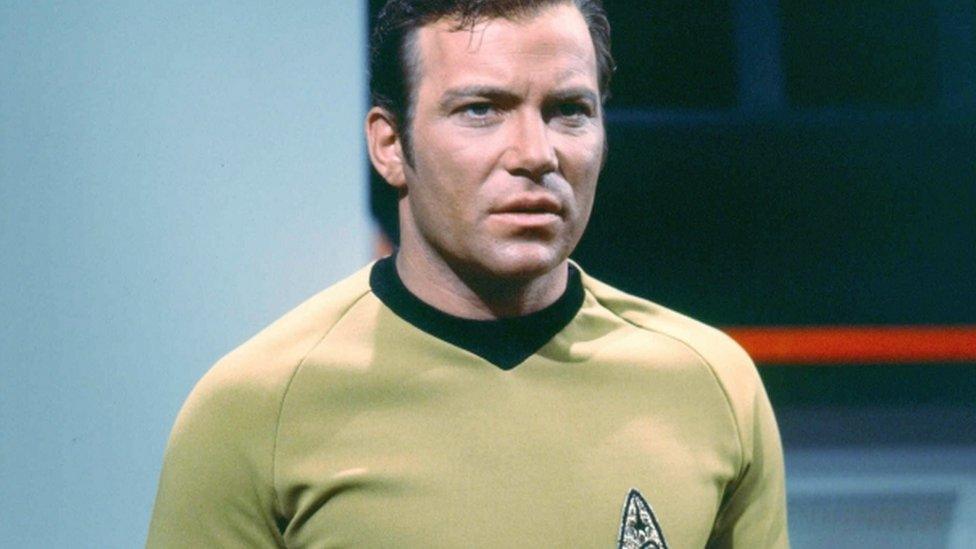Islanders face 'dumb meter' woes ahead of radio switch-off
- Published
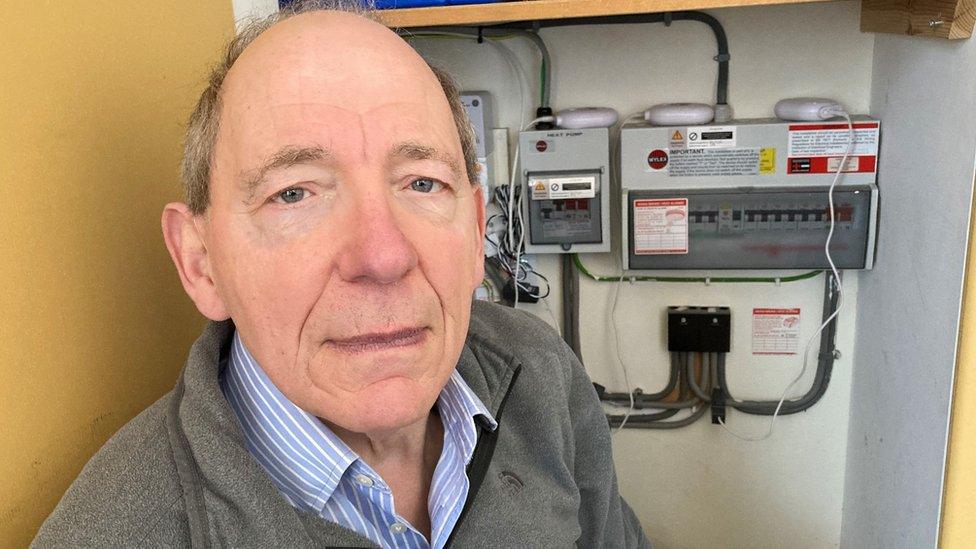
David Murdoch says his new smart meter doesn't offer as good a deal as the old meter - so his bills have gone up
BBC Radio 4 Long Wave is currently home to Yesterday in Parliament, the shipping forecast, and live cricket commentary during test matches - but that's not all.
The frequency is also used by the Radio Teleswitching Service (RTS), which controls energy tariffs for hundreds of thousands of homes.
It had been expected to stop operating at the end of March - the same time as Radio 4 LW's distinctive schedule moves to FM.
But the industry now says RTS will continue to operate until summer 2025 to give customers more time to swap over to smart meters instead.
Despite the delay there has been a warning that if equipment is not replaced by the new cut-off date, customers may have to pay more on expensive single-rate tariffs.
It is also feared they may not be able to rely on their heating and hot water switching on and off as expected.
And concerns have been raised that storage and immersion heaters might be left permanently on - or might not work at all.
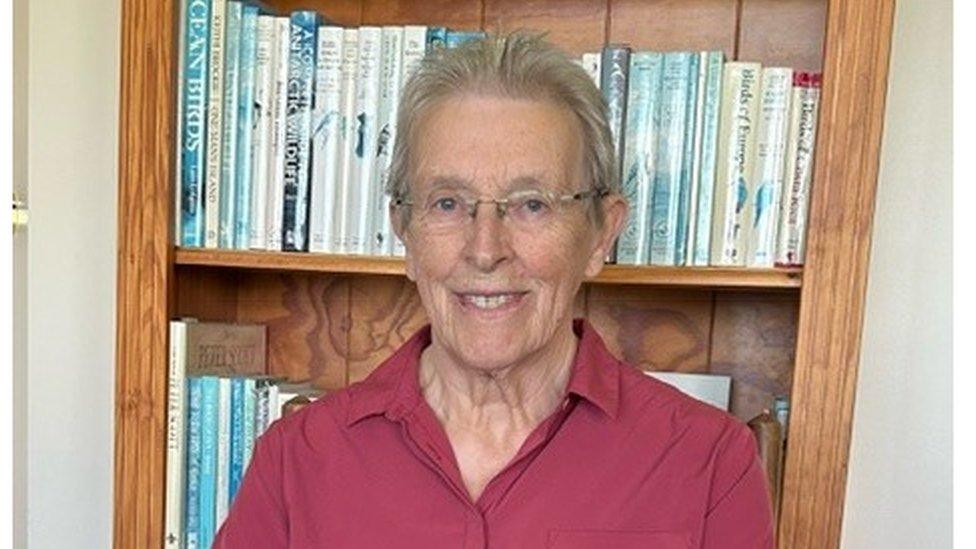
Liz McInally says she has a dumb meter, not a smart one.
But some Orkney residents who have already made the switch have encountered smart meter issues - and seen their bills increase.
Liz McInally said her smart meter works perfectly at recording how much power is being used, and how much surplus electricity her solar panels export to the grid.
But it doesn't seem able to relay that information back to her supplier.
As a result she has to transcribe the figures every month from the meter and e-mail them in.
She called it a "dumb meter".
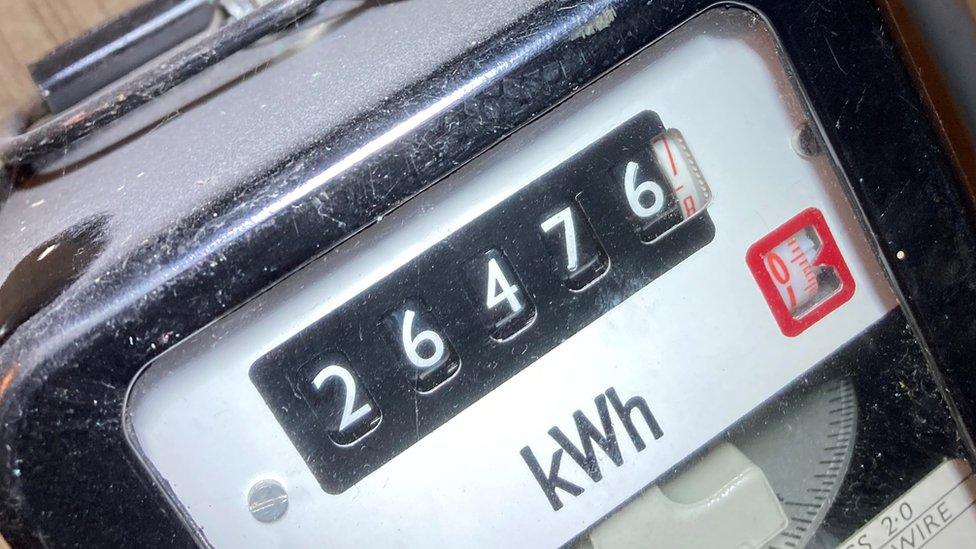
Smart meters are designed to replace old fashioned technology - and offer consumers more control over bill, and better tariffs
Robert Gibbon has been told that his supplier should have known before they put a smart meter into his house that he lives in a "non-coverage zone".
He said it should never have been installed.
Smart DCC - which deals with complaints that have been escalated from individual companies - describes it as a "non-compliant" installation.
It said Mr Gibbon is in one of 200,000 homes across Britain which are not covered by the radio network they use to transmit data.
Smart DCC also revealed that, subject to UK government permission, Orkney could be the pilot area for a trial using customers' wi-fi to relay the data back to their electricity company.
It is understood this would run alongside a scheme using 4G and 5G, which will be tested in the south of England.
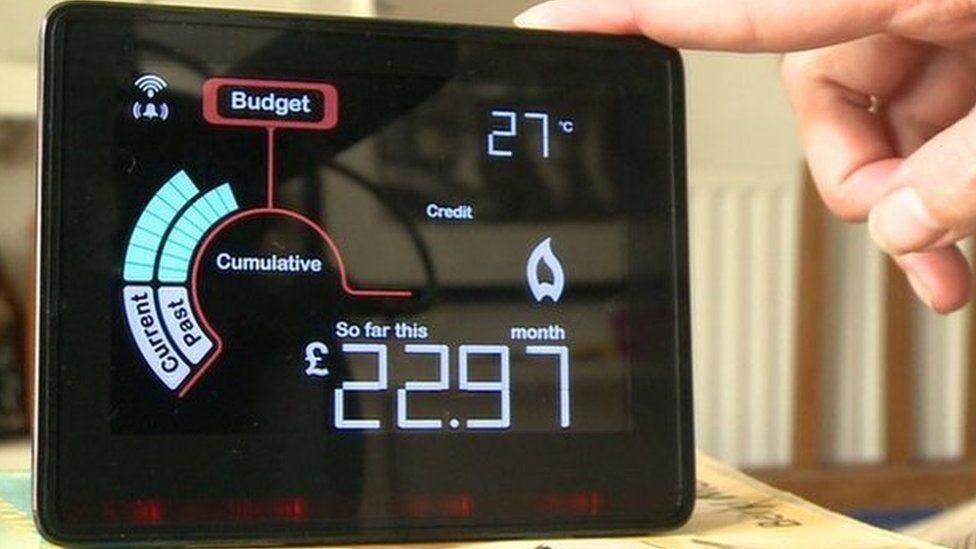
Electricity suppliers, and the UK government, say that smart meters are the future - and can even play a part in tackling climate change.
David Murdoch told BBC Radio Orkney, external he could no longer get the tariff which had offered cheaper electricity during the day and overnight.
Instead of 40% of the electricity he uses being off-peak, the figure is now less than a third. As a result, his bills have gone up.
"If they had told me that before the smart meter went in, I wouldn't have had it," he said.
The BBC asked industry body Energy UK about the smart meter issues on Orkney, but it said it could not comment on individual cases.
It referred us to SmartEnergy GB, which describes itself as "the independent, non-profit, government-backed organisation that helps households and small businesses across Great Britain to understand how smart meters can benefit them".
SmartEnergy GB referred us back to Energy UK.
The Department for Energy Security and Net Zero said in a statement: "Millions of consumers are already realising the benefits of smart meters to manage energy use and save money.
"We are currently consulting with industry to make sure as many consumers as possible can access those benefits, no matter where they live in Great Britain, and expect to publish our findings shortly."
Related topics
- Published4 December 2023
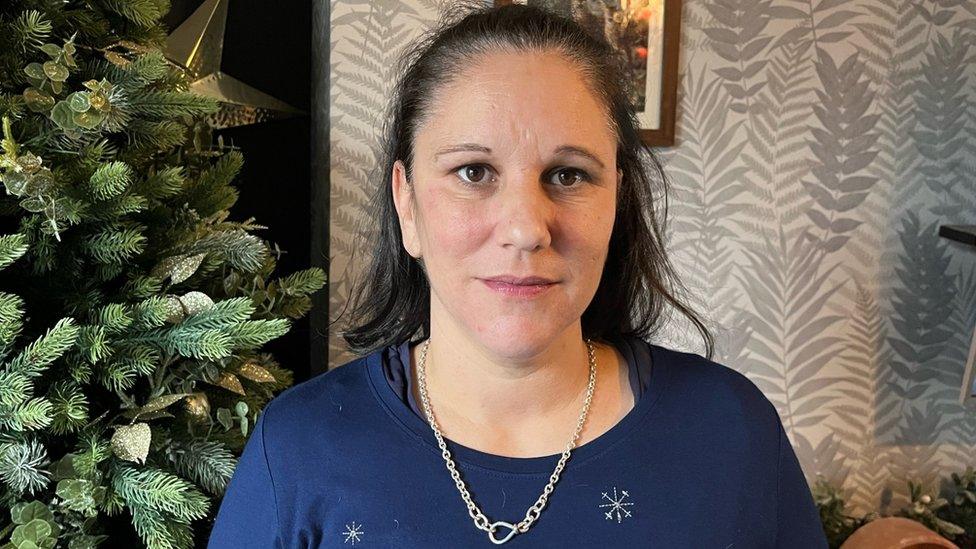
- Published20 October 2023
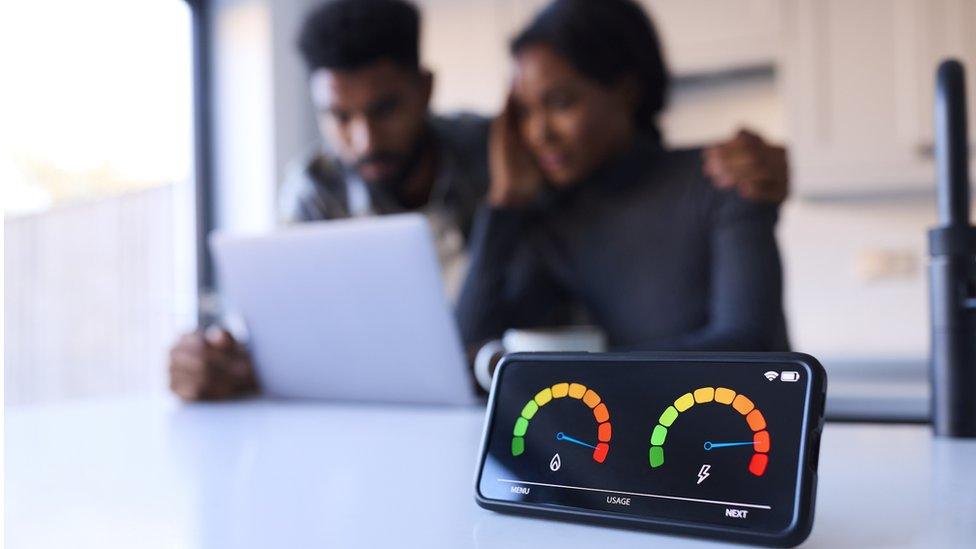
- Published30 October 2019
